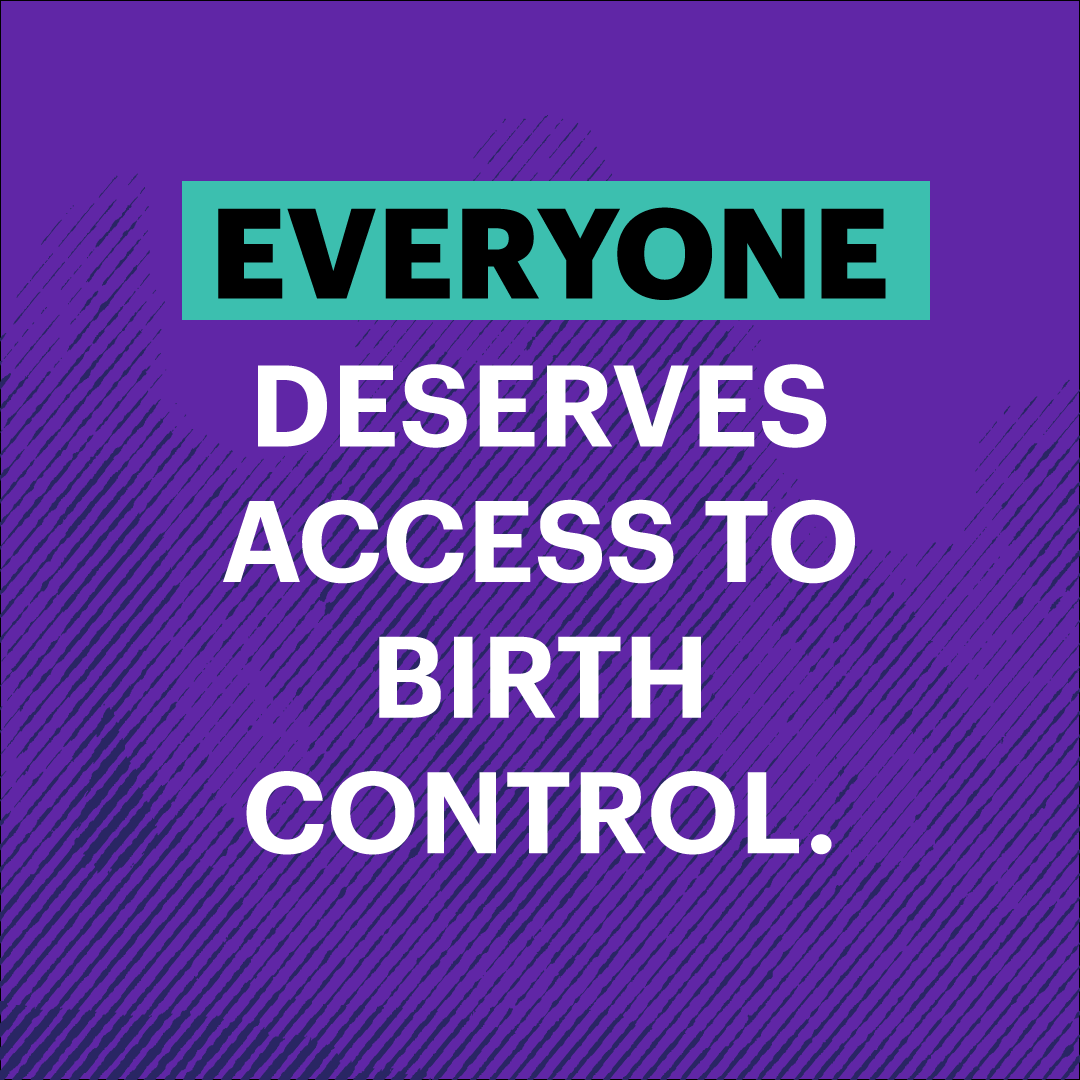NWLC and The Leadership Conference Submit Amicus Brief in Supreme Court Case That Is Seeking To Undermine Public Sector Unions
(Washington, D.C.) Today, the National Women’s Law Center (NWLC), The Leadership Conference for Civil and Human Rights (The Leadership Conference), and over 80 other organizations supporting civil rights and economic opportunity submitted an amicus brief in the Supreme Court case Janus v. American Federation of State, County, and Municipal Employees, Council 31, which will determine whether key protections provided by public sector unions will be weakened. In Janus, the Supreme Court will decide whether employees who enjoy union benefits – including antidiscrimination protections and greater pay equity – should be required to contribute to the cost of securing them. At stake in the case is the decades-old Supreme Court precedent, Abood v. Detroit Board of Education, which held that public sector collective bargaining agreements may include these “fair share” provisions.
“The Court must reject this invitation to overturn its over 40-year-old precedent that a generation of women have depended on to protect them,” said Sunu Chandy, NWLC Legal Director. “Women make up a majority of public sector workers, and unions are vital engines for shrinking the wage gap and advancing our economic security. This case is also critical to securing workplace equality for people of color, immigrants, individuals with disabilities, and LGBTQ workers who rely on union protections as an important safeguard against discrimination.”
“Women and people of color who are represented by unions enjoy greater pay equity, receive better benefits like health insurance and parental leave, experience safer workplaces, and have more access to civil rights protections than their non-union counterparts,” said Seema Nanda, The Leadership Conference executive vice president and COO. “Simply put, civil and human rights are labor rights, and labor rights are civil and human rights. Unions and public sector unions in particular have created a critical path to the middle class for millions of women, and people of color in America. The Supreme Court must uphold longstanding, well-established precedent and respect the collective bargaining process that has helped so many.”
###
For immediate release: January 19, 2018
Contact: Maria Patrick ([email protected]) or Olympia Feil ([email protected])




